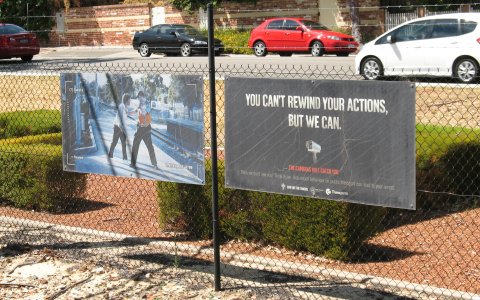Fighting, alcohol and offending: Interventions targeting Aboriginal girls
NDRI: Dr Mandy Wilson, Jocelyn Jones, Dr Julia Butt and Associate Professor Ted Wilkes
Aboriginal Alcohol and Drug Service, Perth
This study focuses on the experiences of Aboriginal girls in the Perth metropolitan area around fighting, drinking and offending behaviours. Research has shown a strong association between alcohol use and violence among Aboriginal and non-Aboriginal people, and between violent offending among Aboriginal women and their increasing involvement with the criminal justice system today. A similar pattern is now emerging among Aboriginal girls. Despite this and speculation in the media that girls (in general) are becoming more criminal and violent, there is very little Australian research around this phenomenon and even less exploring Aboriginal girls’ understandings of and involvement in fighting, drinking and offending. Without a knowledge base it is difficult to know the most effective ways to intervene in and prevent these behaviours.
The project concept arose out of findings from a Healthway-funded project, Drinking in the suburbs: the experiences of Aboriginal young people, which revealed an alarming rate of harms experienced by participants; harms brought about by fighting, drinking and offending. While there were similarities in experiences between girls and boys, important differences were noted.
This current research seeks to generate knowledge about Aboriginal girls’ experiences of and attitudes towards fighting, drinking and offending, and to identify intervention points and strategies for preventing the progress of behaviours that increase the potential for negative consequences among this group. By interviewing Aboriginal girls between the ages of 10-18 years (involved and not with the criminal justice system) and empowering them to take a lead role in promoting health messages, the project will create a comprehensive picture of Aboriginal girls’ experiences.
Findings will inform the development of a training package to improve service provider and community knowledge about issues facing the girls, and provide a framework to guide future health promotion initiatives targeting this group; the package will potentially be transferrable to other settings. It is intended that use of the training package will endure after the life of the project and result in continual improvements in the health status of Aboriginal girls.












